
Why Your Cleanser Is the Best First Step in Skincare
When it comes to skincare, most of us think about serums, moisturizers, or masks as the game-changers. But here’s the
In a world where prescription medications promise quick fixes, it’s easy to reach for the latest biologic or pill when a stubborn skin condition flares up. Yet, when we look beneath the surface, both literally and figuratively, we find that many of these “miracle” drugs carry risks that can sometimes eclipse the very relief they’re meant to provide.
At Potency No. 710, we believe in examining not just whether a treatment works, but how it works, and what trade‑offs it demands of your body and mind. Today, we’re shining a light on some of the most commonly prescribed therapies for plaque psoriasis and severe acne, as well as why, for many, a gentler, plant‑powered approach may be the wiser path.
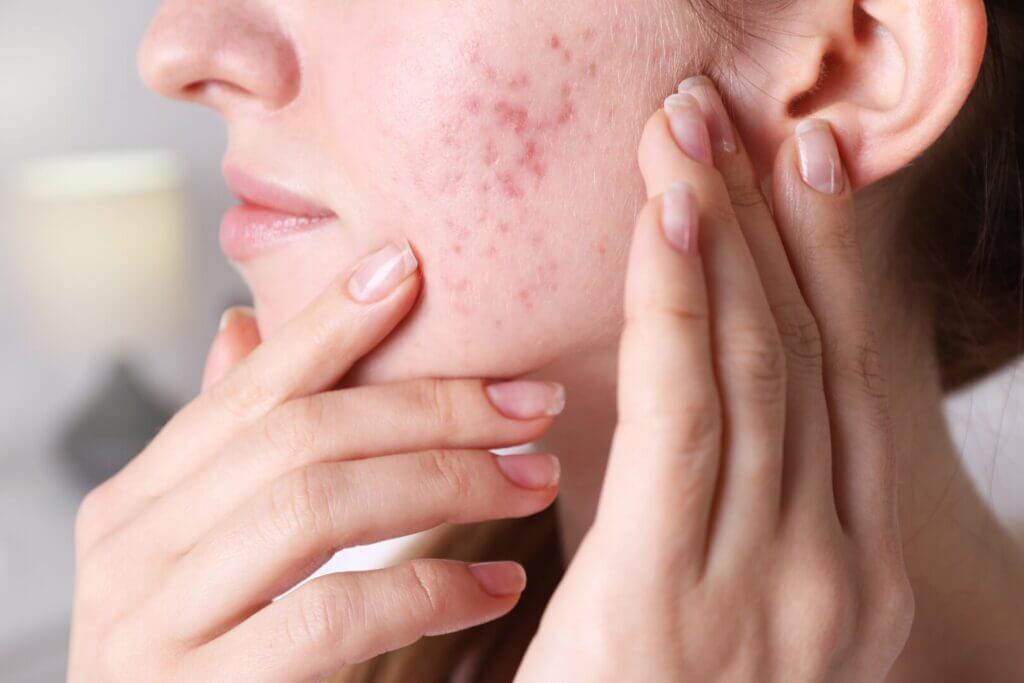
When faced with relentless itch, pain, or unsightly lesions, the appeal of a high‑potency pharmaceutical is undeniable. Drugs like Bimzelx and isotretinoin have transformed the treatment landscape. This is especially true for those whose symptoms defy every cream, scrub, or over‑the‑counter remedy. But beneath their clinically proven efficacy lies a complex web of immune and hormonal shifts that can profoundly affect your overall health. Before you entrust your skin to these medications, it’s vital to understand not just what they do to the skin, but what they can do to your liver, your mood, and even your long‑term well‑being.
Bimzelx (bimekizumab) is a biologic therapy designed to intercept inflammation at its source which is interleukins IL‑17A and IL‑17F. By doing so it effectively “switches off” the extreme immune responses that lead to plaque psoriasis. Yet interrupting these pathways can leave the body vulnerable to infections, alter liver function, and, in rare but serious cases, trigger shifts in mood that manifest as depression or suicidal ideation.
Isotretinoin, the retinoid powerhouse behind dramatic acne remissions, similarly reprograms hormonal and cellular processes to halt oil production and clogged pores. But this intense resetting of your skin’s biology has been linked to mood disturbances, severe birth defects if mishandled, and strains on the liver and gut that demand vigilant monitoring.
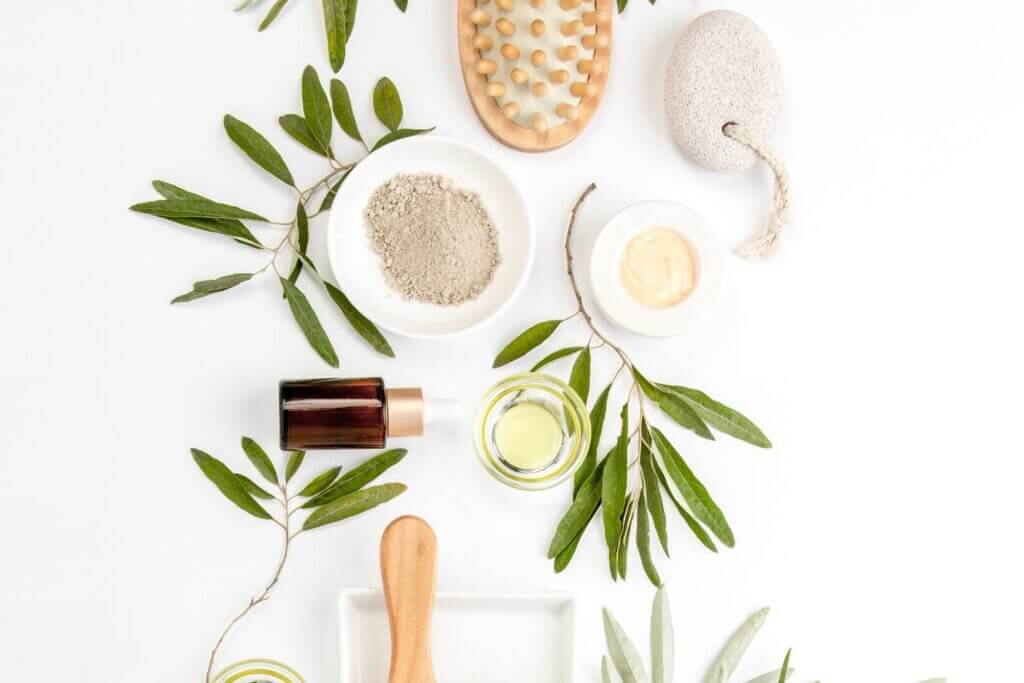
Before subjecting your body to systemic upheaval, consider: what if relief doesn’t have to come at such a high cost? Over the past decade, a growing body of research has illuminated the therapeutic potential of plant‑derived compounds, none more compelling than cannabinoids. These naturally occurring molecules interact with your skin’s own endocannabinoid system, dialing down inflammation and overactive cell growth without rewiring your entire immune or hormonal network. In this section, we’ll explore the latest findings on cannabidiol (CBD) and full‑spectrum cannabis extracts, and how they’re paving a path toward safer, more sustainable skin health.
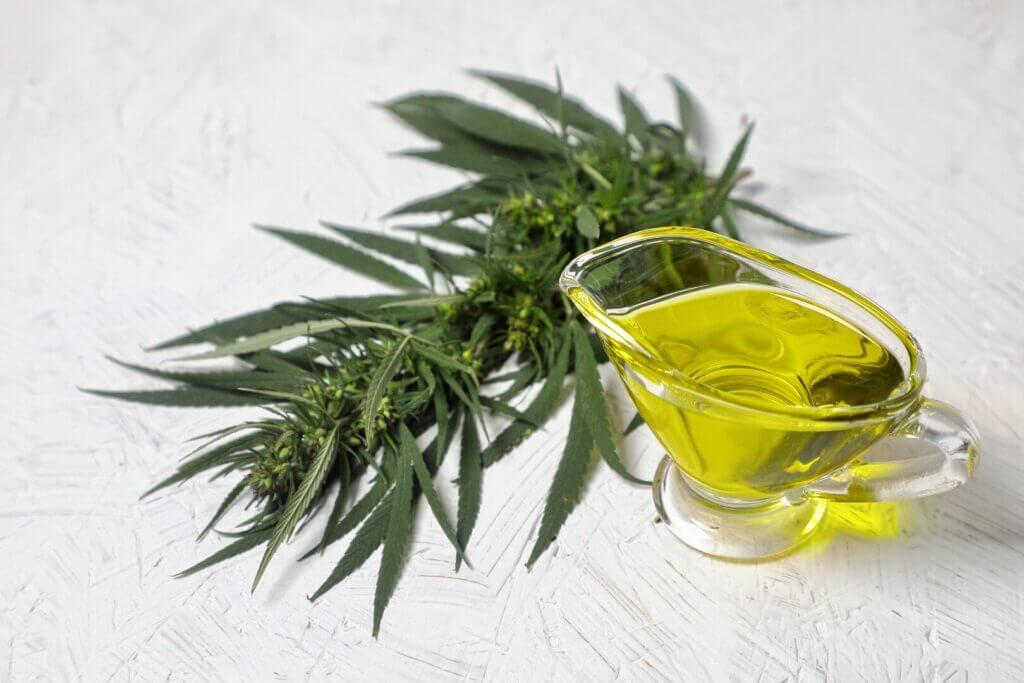
Recent studies have begun to validate what many holistic practitioners have long observed: cannabinoids like Cannabidiol MAY offer real therapeutic value for inflammatory skin conditions. A 2025 review in the Journal of Cannabis Research outlined how CBD interacts with multiple biological systems, including endocannabinoid receptors, inflammatory pathways, and even hormone regulation, to help restore balance in the skin. These mechanisms are particularly relevant in conditions like psoriasis and acne, where immune dysregulation and excess sebum production play central roles.
Topically, CBD has shown promise in reducing microbial overgrowth. One study from Macquarie University found that both CBD and its lesser-known cousin CBDV exhibited potent antifungal properties when applied to the skin, rapidly neutralizing pathogens like Cryptococcus neoformans, a breakthrough that could have implications for secondary infections in compromised skin barriers.
Moreover, full-spectrum cannabis extracts, which include a broader range of cannabinoids and terpenes, may offer synergistic effects. While research is still emerging, early findings suggest that these compounds can work together to calm overactive immune responses without the systemic side effects associated with conventional drugs.
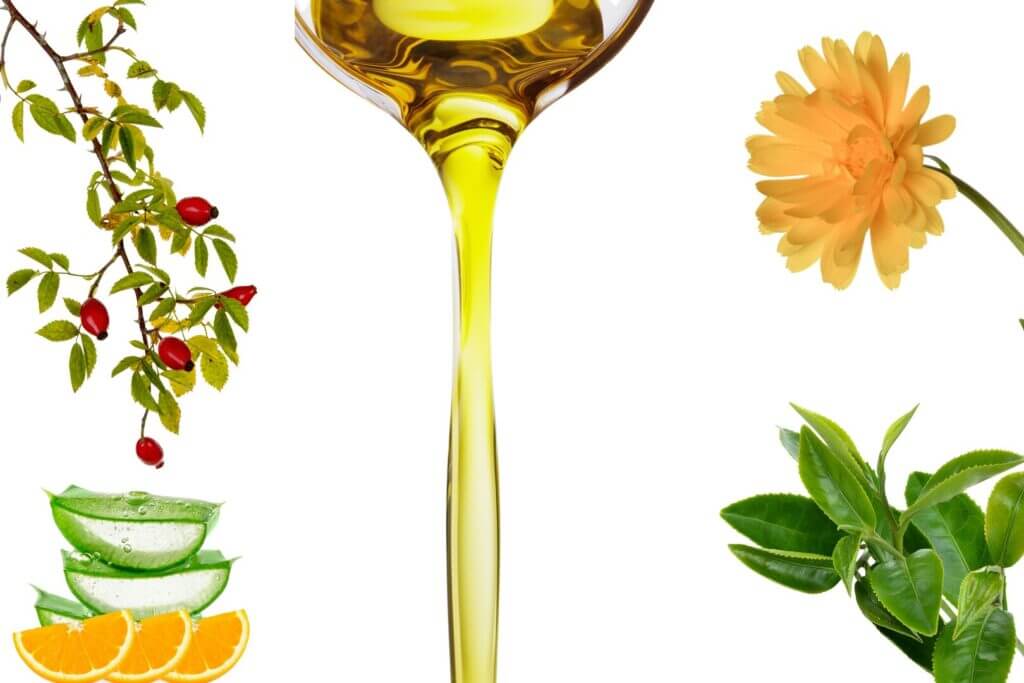
While cannabinoids offer a compelling foundation for inflammation modulation, they are far from the only plant-derived allies in the pursuit of skin balance. A growing number of holistic skincare formulations now incorporate time-honored botanicals, each with its own unique affinity for calming, restoring, and protecting compromised skin.
Green tea extract, rich in polyphenols like EGCG, has been shown to reduce sebum production and soothe oxidative stress, making it especially beneficial for acne-prone skin.
Jojoba oil, a biomimetic oil that closely resembles our skin’s natural sebum, helps regulate oil production while delivering deep hydration without clogging pores.
Aloe vera, long revered for its cooling and anti-inflammatory properties, supports wound healing and barrier repair—particularly useful in flare-ups of psoriasis.
Rosehip oil, abundant in vitamins A and C, promotes cellular regeneration and helps fade post-inflammatory hyperpigmentation, a common concern for those healing from acne lesions.
Calendula, with its gentle antimicrobial and anti-inflammatory actions, has been used for centuries to calm irritated skin and support tissue repair.
Vitamin C, a potent antioxidant, not only brightens the complexion but also supports collagen synthesis and helps neutralize free radicals that can exacerbate inflammatory skin conditions.
Together, these ingredients form a botanical symphony, each contributing to a more resilient, radiant skin barrier. When paired with cannabinoids, they offer a multi-dimensional approach to skin healing: one that honors both the science of the body and the wisdom of the earth.
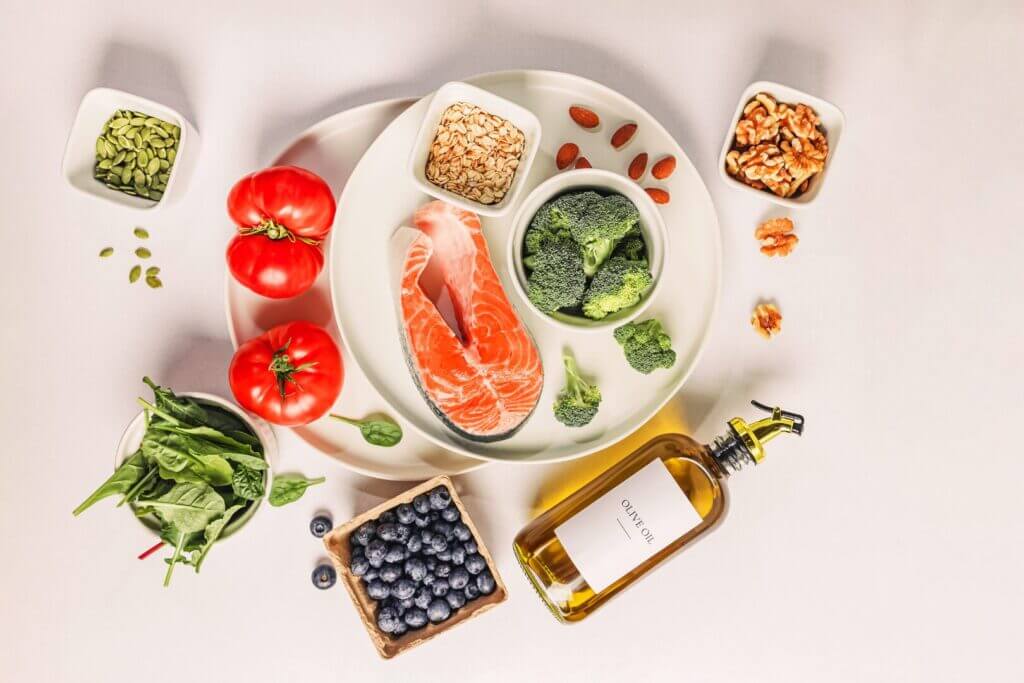
True skin wellness extends far beyond the tube of cream or prescription pad. Your skin is a living reflection of your internal environment, what you eat, how you manage stress, even how you sleep. Embracing a holistic strategy means addressing the root causes of inflammation and barrier disruption, rather than simply masking symptoms.
To truly get to the root of inflammation, it’s essential to view skin symptoms not as isolated issues, but as messages, signs that something deeper may be out of balance. A holistic approach invites us to investigate not only what we put on our skin but what we allow into our lives. This might mean reducing processed foods that can fuel systemic inflammation, incorporating omega‑3s and antioxidant‑rich herbs like turmeric or green tea, or tending to gut health through probiotics and fiber. Movement, too, plays a role. Even gentle forms like yoga or walking can regulate cortisol and encourage lymphatic flow, which are vital for skin repair.
Mind-body practices such as breathwork, meditation, or time in nature help calm the nervous system, which in turn soothes inflammatory pathways. And perhaps most overlooked is rest. Genuine, soul-nourishing rest, which allows the body time to regenerate and the skin to heal without interruption.

In a world awash with pharmaceutical quick fixes, it’s easy to forget that the earth has always offered its own pharmacy. One rooted in reciprocity, not side effects. At Potency No. 710, we stand by the belief that nature already provides much of what we need to heal, restore, and thrive, without compromising our long-term vitality. From cannabinoids to adaptogens, nutrient-dense foods to sacred rituals, the tools are already within reach.
Whether you’re just beginning your plant-powered journey or deepening your commitment to natural wellness, know this: true skin health begins by tuning in, not numbing out. It’s built on trust, balance, and a radical respect for your body’s own intelligence. If you suffer from plaque psoriasis or acne, a great first step is embracing natural alternatives to isotretinoin and biologics.
Disclaimer: This post is for educational purposes and does not replace medical advice. Always consult a qualified healthcare professional before making changes to your treatment plan.

When it comes to skincare, most of us think about serums, moisturizers, or masks as the game-changers. But here’s the

Potency No. 710 was just launched 18 months ago, and since then, we have seen great success thanks to beautiful

Out of all the Mother’s Days, we can all agree this is one for the records! Most of us are

Spring is nature’s way of reminding us that renewal is always possible. As the world around us shakes off winter’s

We’ve all been the victim of UV rays and their harm at least once. I’m sure you remember the burning,

For centuries, the sun-kissed Italian orchards have yielded a skincare treasure: the bergamot tree. This citrus gem, with its elegant